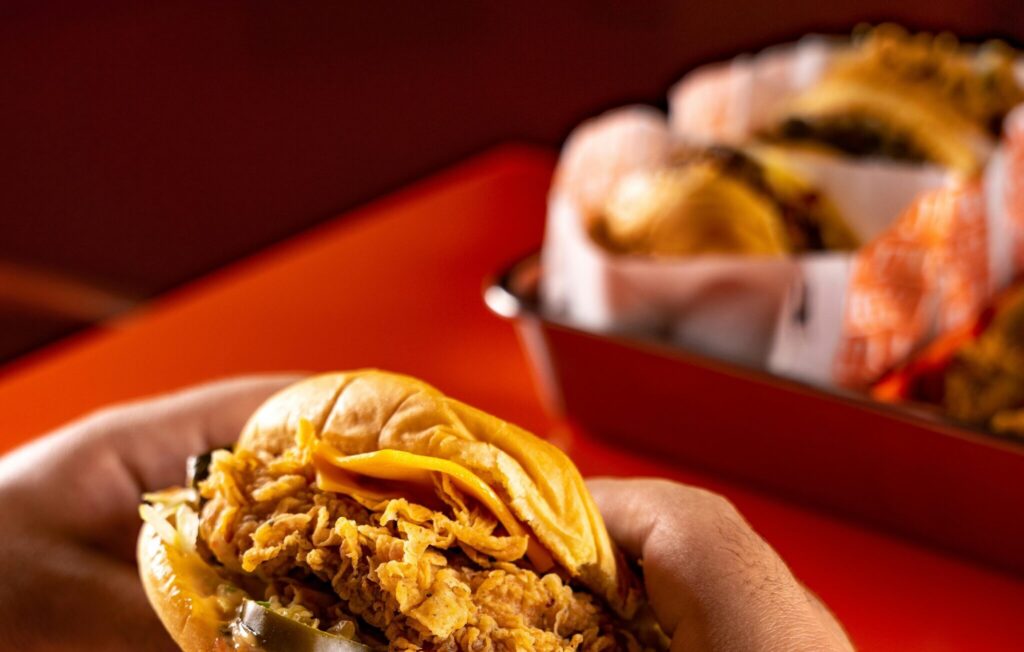Owning a franchise is often seen as a pathway to entrepreneurial success. The idea of owning a popular, established brand like Chick-fil-A might seem like a dream come true for many aspiring business owners. However, the reality of owning a Chick-fil-A franchise is far from the typical franchise model. While the brand is one of the most successful and recognizable fast-food chains in the United States, the ownership structure and financial commitments make it a less attractive option for those looking for true business ownership and financial freedom.
The Chick-fil-A Franchise Model: A Unique Approach
Unlike most franchises, Chick-fil-A operates on a model that significantly limits the franchisee’s financial investment while also limiting their potential rewards and control over the business. The company’s founder, Truett Cathy, designed the franchise model to ensure that Chick-fil-A retained control over its operations while providing franchisees with an opportunity to manage a unit without the significant financial burden typically associated with franchising. This approach is both the biggest draw and the greatest drawback of the Chick-fil-A franchise.
Upfront Costs: Surprisingly Low, But With a Catch
One of the most appealing aspects of a Chick-fil-A franchise is the low upfront cost. Unlike other fast-food franchises that can require an initial investment ranging from $500,000 to over $2 million, the initial fee to become a Chick-fil-A franchisee is just $10,000. This low entry cost is almost unheard of in the franchise world and is a major reason why Chick-fil-A receives tens of thousands of applications every year.
However, this low cost comes with significant strings attached. Chick-fil-A retains ownership of the restaurant and all related assets. This means that the franchisee does not actually own the business they are running, limiting their ability to build equity in the business or sell the franchise in the future.
Build-Out Expenses: Covered by Chick-fil-A
Another unique aspect of the Chick-fil-A franchise model is that the company covers all build-out expenses, including the construction, equipment, and initial inventory costs. This is a significant advantage, as these costs can range from $500,000 to $2 million or more in a traditional franchise. Chick-fil-A’s willingness to absorb these costs is part of its strategy to maintain control over the brand and ensure that each location meets its exacting standards.
While this may seem like a generous offer, it further underscores the fact that the franchisee has very little ownership or control over the business. Chick-fil-A’s control over the build-out process means that franchisees have little say in the design, layout, or other critical aspects of their restaurant, which can be a point of frustration for those who are used to having more autonomy in their business ventures.
Ongoing Costs: A High Price to Pay
While the initial costs are low, the ongoing costs of running a Chick-fil-A franchise are substantial. Franchisees are required to pay a service fee equal to 15% of the restaurant’s sales, as well as a separate 50% royalty fee on pre-tax profits. This is significantly higher than the fees associated with most other franchises, where royalties typically range from 4% to 8% of sales.
These high ongoing fees mean that while Chick-fil-A franchisees may generate significant revenue, their actual take-home income is relatively modest compared to the amount of work and responsibility involved in running the business. The high fees also reduce the incentive for franchisees to maximize profitability, as a large portion of their earnings goes directly back to the company.
Ownership of the Unit: Limited Control and No Equity
One of the most significant drawbacks of the Chick-fil-A franchise model is the lack of true ownership. Unlike most franchise opportunities, where the franchisee owns the business and can sell it at a profit, Chick-fil-A franchisees are essentially employees of the company. Chick-fil-A retains ownership of the restaurant and all related assets, and franchisees are required to operate the business according to the company’s strict guidelines.
This lack of ownership means that franchisees cannot build equity in their business, making it a less attractive option for those looking to build long-term wealth. Additionally, the inability to sell the franchise limits the franchisee’s ability to exit the business on their own terms.
Conclusion: Is a Chick-fil-A Franchise Worth It?
While Chick-fil-A’s franchise model may appeal to those looking for a low-cost entry into the fast-food industry, it is far from an ideal business opportunity for those seeking true ownership and financial freedom. The company’s strict control over its franchisees, coupled with high ongoing costs and the inability to build equity, make it a less attractive option compared to other franchise opportunities.
For those who value autonomy, the ability to build and sell a business, and the potential for higher financial rewards, the Chick-fil-A franchise model may not be the best fit. While the brand’s popularity and success are undeniable, the restrictive and costly nature of its franchise structure should give potential franchisees pause before diving in.
Finding the Right Franchise Opportunity with Lightway Advisors
If you’re considering franchising but are unsure whether the model you’ve chosen is the right fit, Lightway Advisors can help. With decades of experience in franchise consulting and business investments, Lightway Advisors specializes in identifying attractive franchise opportunities that align with your financial goals and personal aspirations. Unlike the restrictive and costly Chick-fil-A model, we can guide you toward franchise options that offer real ownership, equity-building potential, and a higher return on investment. Schedule a consultation with Michael G. Knox, CFA, President of Lightway Advisors, to explore the best franchise opportunities tailored to your needs. Book your meeting today at Lightway Advisors’ calendar.


